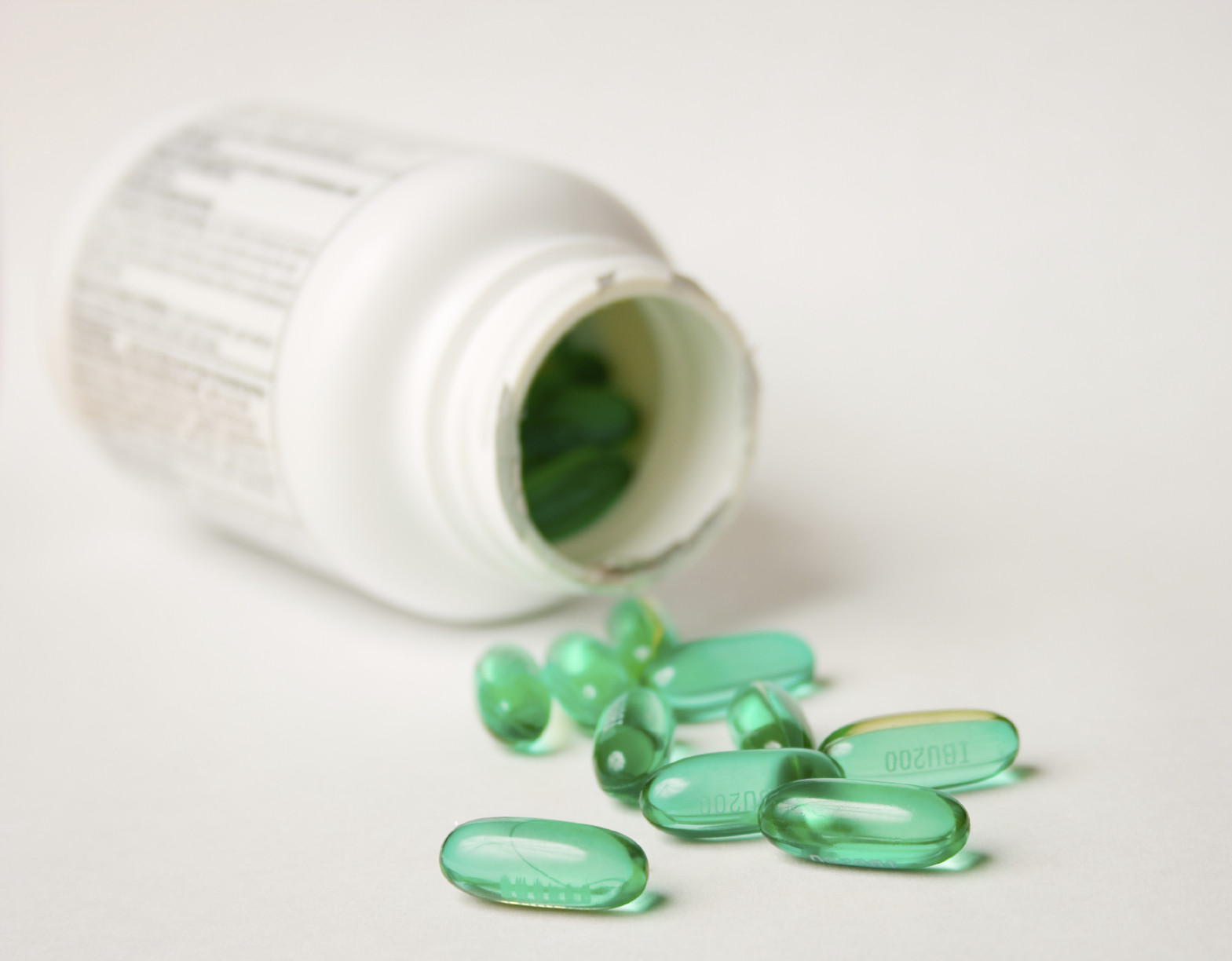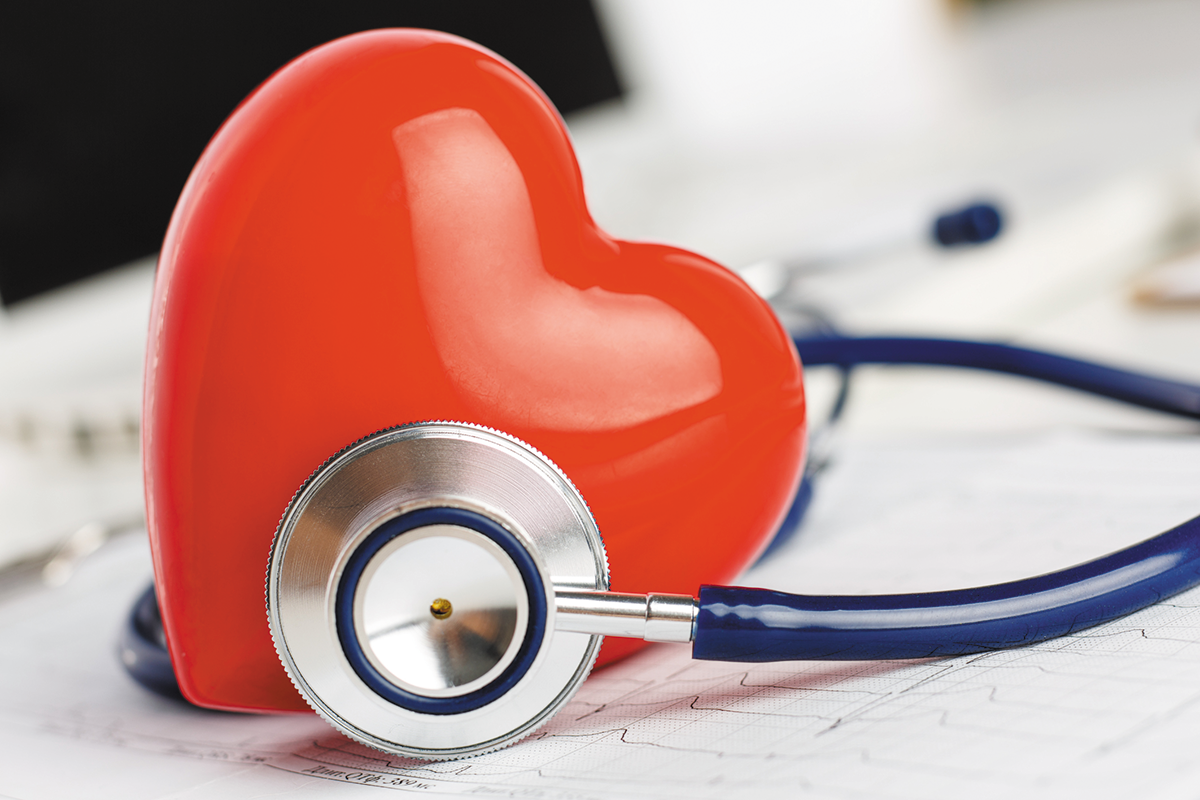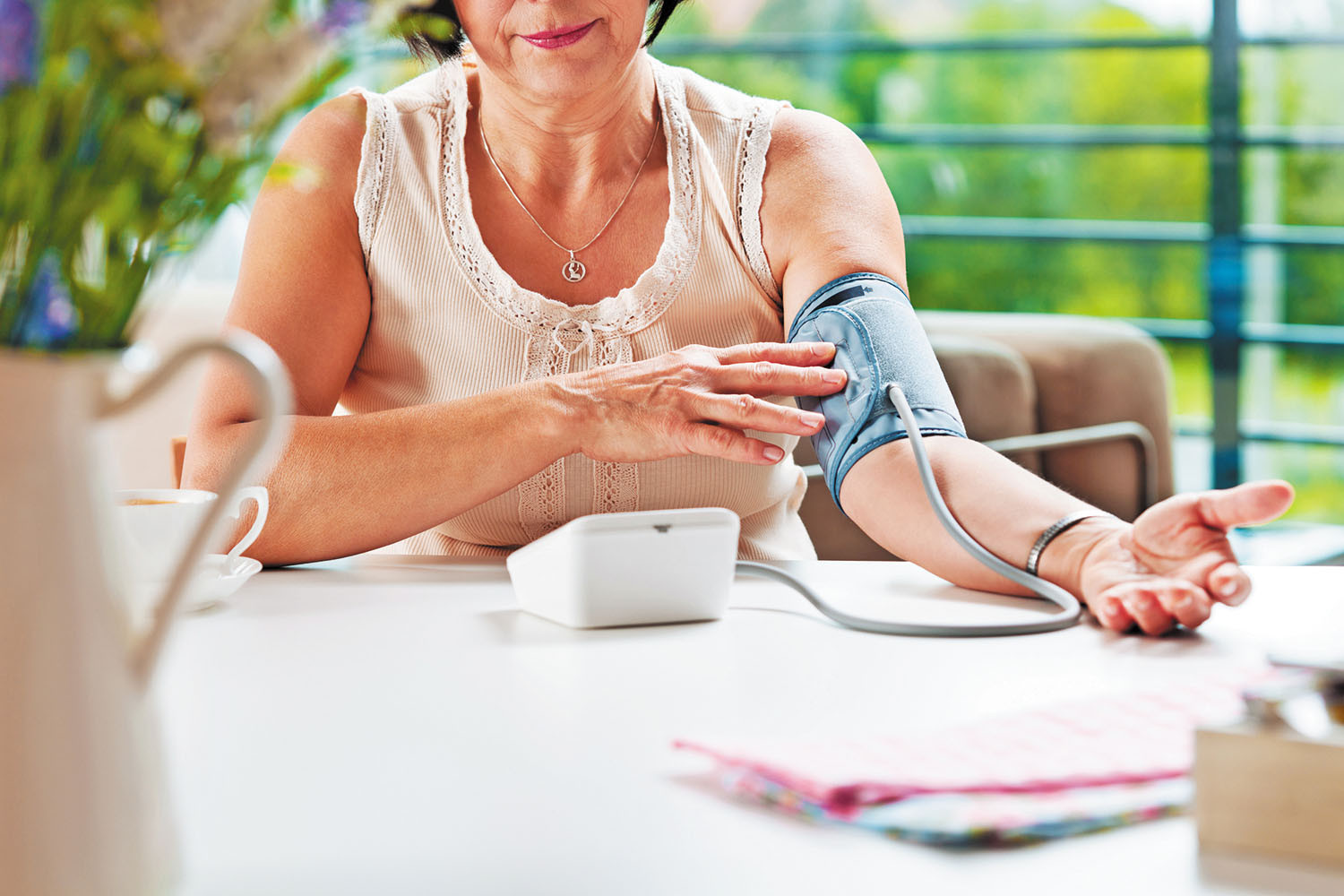
5 timeless habits for better health

What are the symptoms of prostate cancer?

Is your breakfast cereal healthy?

When pain signals an emergency: Symptoms you should never ignore

Does exercise give you energy?

Acupuncture for pain relief: How it works and what to expect

How to avoid jet lag: Tips for staying alert when you travel

Biofeedback therapy: How it works and how it can help relieve pain

Best vitamins and minerals for energy

Should you take probiotics with antibiotics?
Heart Health Archive
Articles
More trees, fewer heart risks?
Research we're watching
Living in a leafy, green neighborhood may lead to lower levels of some telltale markers for heart disease and stroke, new research suggests.
During the five-year study, researchers collected blood and urine samples from 408 people recruited from a cardiology clinic in Louisville, Ky. The researchers also estimated green space exposure using satellite imagery that showed the vegetation density in each of the participants' neighborhoods.
A different kind of heart attack
A "type 2" heart attack caused by severely restricted blood flow can be just as serious as a heart attack caused by a sudden complete blockage.
Image: © PeopleImages/Getty Images
In TV shows and movies, a man having a heart attack typically clutches his chest and falls to the ground, but most heart attacks are not nearly as dramatic.
"No two heart attacks are the same, nor do they strike in similar fashion," says Dr. Krishna Aragam, a cardiologist with Harvard-affiliated Massachusetts General Hospital. "Some heart attacks are subtler in their warnings, but can be just as serious and even deadly if they are not attended to."
Does your Achilles tendon offer clues to your heart health?
Research we're watching
Image: © pashapixel/Getty Images
A tendon that stretches between your heel and your calf may tell you something about your cardiovascular health. Researchers found that people with thicker Achilles tendons have more significant coronary artery disease and are at higher risk for a heart attack than those with thinner tendons.
The study, which was presented in November 2018 at the American Heart Association's Scientific Sessions meeting in Chicago, found that people with thicker Achilles tendons were more likely to have a blocked heart artery and left main coronary artery disease, which is associated with a high risk of heart disease and death. It's unclear, however, exactly why this artery was thicker in these individuals.
Heart health steps also help ward off peripheral artery disease
Image: Thinkstock
News briefs
Better cardiovascular health may substantially lower your risk of peripheral artery disease (PAD), according to a study in the November 2018 issue of the American Journal of Preventive Medicine. PAD occurs when the arteries that supply blood to the legs become narrowed or blocked with fatty deposits. About 8.5 million Americans suffer from the condition, which typically causes cramping pain in the legs when walking. For the study, researchers evaluated adherence to the American Heart Association's "Life's Simple 7" guidelines among almost 13,000 people who were free from PAD or other cardiovascular disease at the start of the study. More than 430 PAD cases occurred in this group over about 24 years. Compared with people who did not follow Life's Simple 7, those with average and optimal adherence cut their risk of PAD by 64% and 91%, respectively. Life's Simple 7 emphasizes managing blood pressure, controlling cholesterol, reducing blood sugar, getting sufficient physical activity, eating better, maintaining a healthy weight, and quitting smoking.
Home cooking for better heart health
Preparing your own plant-based meals — focused on beans, grains, and veggies — is easier than you think.
Image: © Halfpoint/Getty Images
Eating more plant-based foods has many advantages, especially for your heart. But even with the best of intentions, many people find the transition to plant-centric meals a little daunting. Take for instance the daily dilemma of deciding what's for dinner. Where do you even begin?
Instead of trying to cook an entire vegetarian meal from scratch, start with one small step and build from there, says Dr. Rani Polak, founding director of the Culinary Healthcare Education Fundamentals (CHEF) Coaching program at Harvard's Institute of Lifestyle Medicine (see "What is lifestyle medicine?").
What is sick sinus syndrome?
Ask the doctor
Image: © Zinkevych/Getty Images
Q. After I experienced a few fainting episodes, I was diagnosed with sick sinus syndrome. My doctor says I might need a pacemaker. Can you tell me more about this condition?
A. Despite the name, sick sinus syndrome has nothing to do with your nasal passages. Instead, it refers to various heartbeat irregularities that can cause dizziness, fainting, or shortness of breath. Most cases are due to age-related changes in the heart muscle that disrupt the heart's electrical system. Sometimes, another form of heart disease or medication that slows the heart is to blame. Sick sinus syndrome is most common in people in their 70s and 80s.
Taming stubbornly high blood pressure
Are you sabotaging your heart health without realizing it?
Image: © izusek/Getty Images
As many as one in seven people being treated for high blood pressure doesn't have the condition under control, according to a recent scientific statement from the American Heart Association. The problem — known as resistant hypertension — is defined as having high blood pressure despite taking three or more blood pressure medications, including a diuretic.
For most people, high blood pressure means a reading of 130/80 millimeters of mercury (mm Hg) or higher. Staying below that threshold can dramatically lower a person's odds of having a stroke or heart attack. That's why it's so important to address the barriers that prevent people from reaching their blood pressure targets, says Dr. Randall Zusman, a cardiologist at Harvard-affiliated Massachusetts General Hospital.

5 timeless habits for better health

What are the symptoms of prostate cancer?

Is your breakfast cereal healthy?

When pain signals an emergency: Symptoms you should never ignore

Does exercise give you energy?

Acupuncture for pain relief: How it works and what to expect

How to avoid jet lag: Tips for staying alert when you travel

Biofeedback therapy: How it works and how it can help relieve pain

Best vitamins and minerals for energy

Should you take probiotics with antibiotics?
Free Healthbeat Signup
Get the latest in health news delivered to your inbox!
Sign Up











